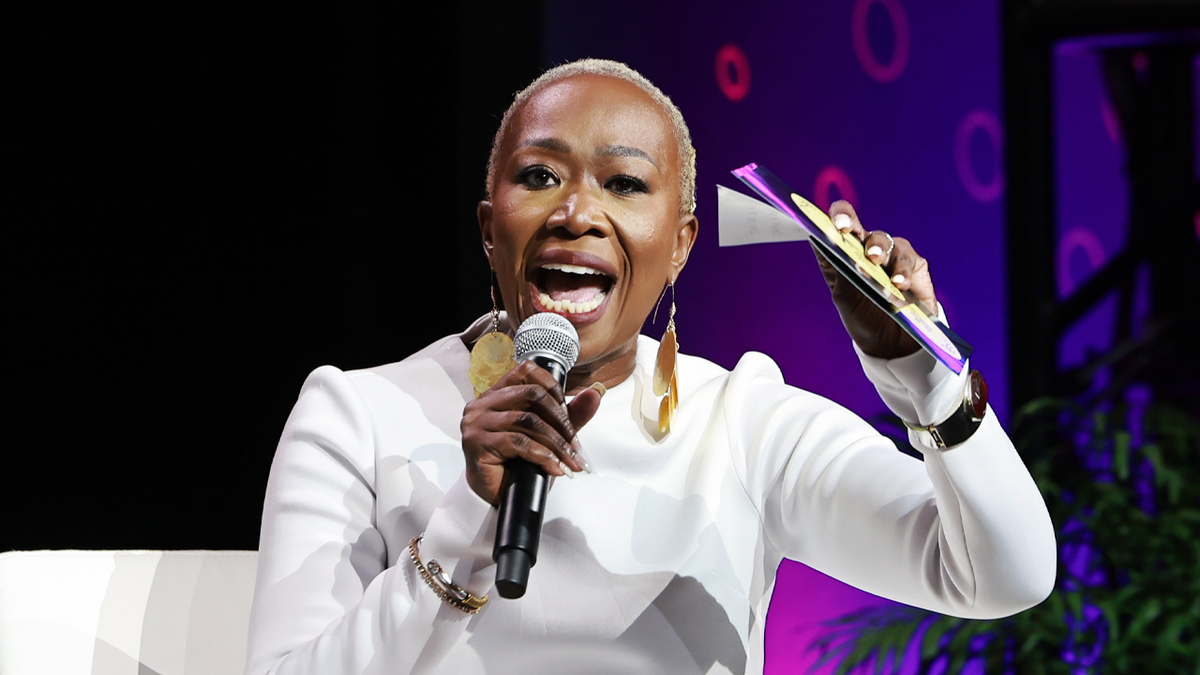In 2020, Senator Chuck Schumer issued a stark warning to the Supreme Court justices following the overturning of Roe v. Wade, declaring they would “pay the price” for their decision. His words, delivered with fiery intensity, seemed to foreshadow a coming reckoning.
Now, five years later, it isn’t the justices facing the whirlwind, but Schumer himself. A recent government shutdown, and his handling of it, has ignited a crisis within his own party, threatening his long-held leadership position.
Calls for Schumer to step down are growing, echoing from both the progressive and moderate wings of the House. Representatives like Rashida Tlaib and Ro Khanna, Democrats with distinct ideologies, have publicly questioned his ability to lead.
The shutdown itself was described as a “Seinfeld shutdown” – a conflict about nothing – with Schumer cast as the hapless George Costanza. He initially vowed unwavering resistance, only to witness a Democratic capitulation that yielded no concessions.
Adding to the disarray, Schumer conspicuously did not endorse the final deal to reopen the government, a move that underscored his diminished control over his caucus and projected an image of weakness.
This represents the first genuine crisis in Schumer’s decades-long political career, and observers note a visible sense of disorientation. He appears genuinely blindsided by the swift turn of events.
Whispers in Washington and New York suggest a looming challenge from Alexandria Ocasio-Cortez. Many believe she is strategically positioning herself to claim Schumer’s Senate seat in 2028, mirroring her successful primary upset years ago.
Ocasio-Cortez, while not explicitly announcing a future run, has subtly shifted her rhetoric, moving away from staunch support for Schumer. Her comments signal a clear ambition and a willingness to challenge the established order.
Schumer’s recent hesitancy to endorse a progressive mayoral candidate in New York City further highlighted his precarious position. He even avoided publicly stating whether he had voted for the candidate, a remarkable display of political neutrality for the nation’s highest-ranking Democrat.
This reluctance stemmed from a deeper conflict: Schumer is caught between the demands of his party’s increasingly socialist wing and the expectations of his more traditional, pro-business donors. He’s effectively impaled on the fence between these competing forces.
Schumer now embodies the fading era of the establishment Democrat, a political figure increasingly outmatched by the rising tide of progressive energy. He’s become a symbol of a party in transition, struggling to reconcile its past with its future.
The current turmoil is largely of Schumer’s own making. He could have chosen collaboration and compromise, but instead opted for confrontation and embraced the rhetoric of the more radical elements within his party.
His role in sidelining moderate Democrats like Kyrsten Sinema and Joe Manchin, who opposed changes to the filibuster, further narrowed his base of support and paved the way for the current challenges to his leadership.
Ultimately, Schumer’s career may serve as a cautionary tale. His failure to manage the growing influence of the party’s progressive wing has opened the door for his own potential downfall, and he is now facing the consequences of his choices.
The whirlwind he once threatened has returned, and Chuck Schumer is now squarely in its path, poised to pay a significant price for the decisions he has made.





